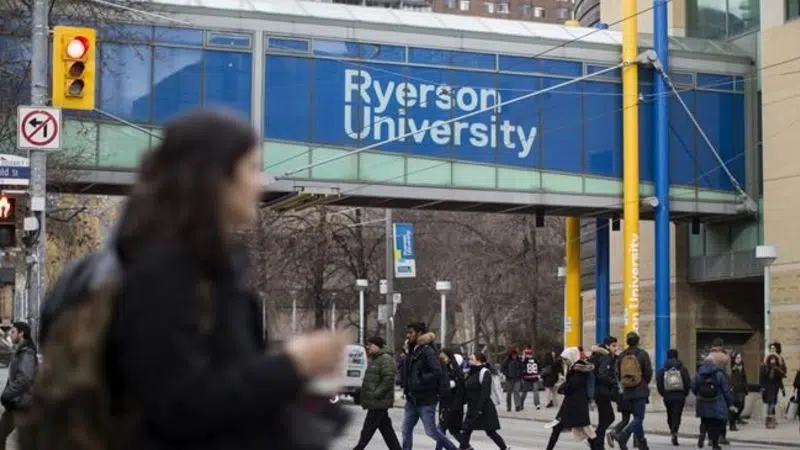
Liberals want quick results from new skills-training think-tank in Toronto
OTTAWA — Federal efforts to calm anxiety about a rapidly changing job market took another step Thursday as the Liberals launched a new agency ahead of a federal budget that will put a heavy focus on skills training.
The new “Future Skills Centre” job training centre — run by Ryerson University, The Conference Board of Canada and Blueprint ADE — is to advise the federal government on how to prepare workers for digital shifts in the job market and help workers make decisions about how to develop the in-demand skills they’ll need to land and maintain good jobs.
The Liberals are hoping for early wins from the arm’s-length agency, which will be part think-tank and part lab to test ideas big and small, so Canadians can see tangible results from what risks being seen as an academic exercise.



